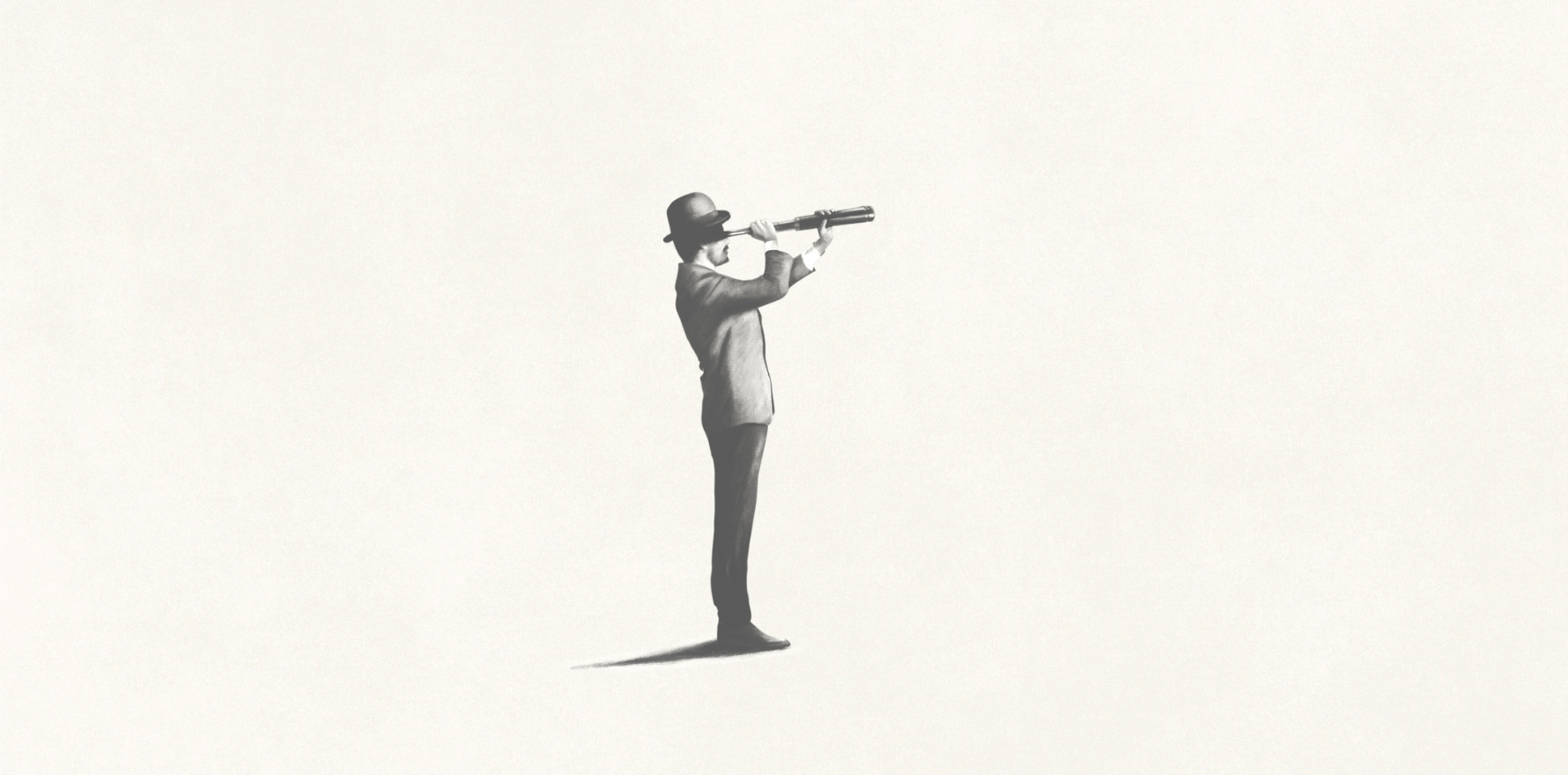But the effect on the risk of HPV-related diseases in vaccinated men may not be seen for decades.
HPV vaccine manufacturer CSL Seqirus has announced that the age indication for Gardasil 9 has been extended to include men aged 27 to 45 years of age, bringing it into line with the approved age range for women.
The recombinant vaccine is now available for men aged 26 and over via private prescription at general practices, sexual health clinics and, in some states, pharmacies.
The Australian Immunisation Handbook recommends vaccinating against HPV in previously unvaccinated men who have sex with men and those who are immunocompromised.
For adults aged 26 years and older and those with severely immunocompromising conditions, the handbook advises vaccinating with a three-dose course.
According to Professor Andrew Grulich, medical epidemiologist and public health physician at UNSW’s Kirby Institute, the extended indication provides an important preventative option for unvaccinated men who may be at greater risk of HPV-related diseases and cancers.
“While much of the attention around HPV vaccination has been focused on females and cervical cancer elimination, we shouldn’t overlook the significant health concerns HPV infection can pose for males,” Professor Grulich said.
“HPV vaccination of males is important, not only to prevent HPV transmission to females, but also to reduce the risk of HPV infection in males themselves. HPV infection in males can increase the risk of a range of HPV-related diseases, such as anal cancer and genital warts.
“While vaccination will not clear a past infection, it may provide protection against future infections and older males, particularly those who are at higher risk of HPV-related disease, such as men who have sex with men, and people living with HIV, may still benefit.”
Anal cancer incidence in Australia has more than doubled over the past 40 years, with incidence rising faster in men than in women.
While rates of genital warts have reduced dramatically in younger Australians following the addition of the HPV vaccine to the National Immunisation Program, similar reductions have not been observed in older men and men who have sex with men.
HPV infection risk is particularly severe for men who have sex with men, who are up to 20 times more likely to develop anal cancer and two to three times more likely to develop genital warts than heterosexual men.
However, whether extending the availability of the vaccine to an older age group will have an impact on genital wart infections or anal cancer rates is yet to be seen.
A Norwegian study of over two million people published last month showed the vaccine was very effective against a first anogenital warts episode in females when given before the age of 18, but from the age of 20, vaccine effectiveness was “non-significant”. Additionally, vaccination gave no protection from subsequent anogenital warts if women had already had an infection before being vaccinated.
“Unfortunately, the evidence supporting expansion to over 25-year-olds is extremely limited, as most people will already have been exposed to the genotypes relevant to Gardasil,” said Professor Richard Hillman, director of the specialised Dysplasia and Anal Cancer Services at St Vincent’s Hospital in Sydney.
“As the mean age of first anal cancer diagnosis in immunocompetent populations is around 60 years, we do not anticipate seeing any reduction in rates for several decades.
“In the absence of widespread screening programs for anal high grade squamous intraepithelial lesions, we are unable to reliably document any (likely) reduction in rates amongst younger people. I’m afraid we’ll just have to wait to observe any effect,” he said.


